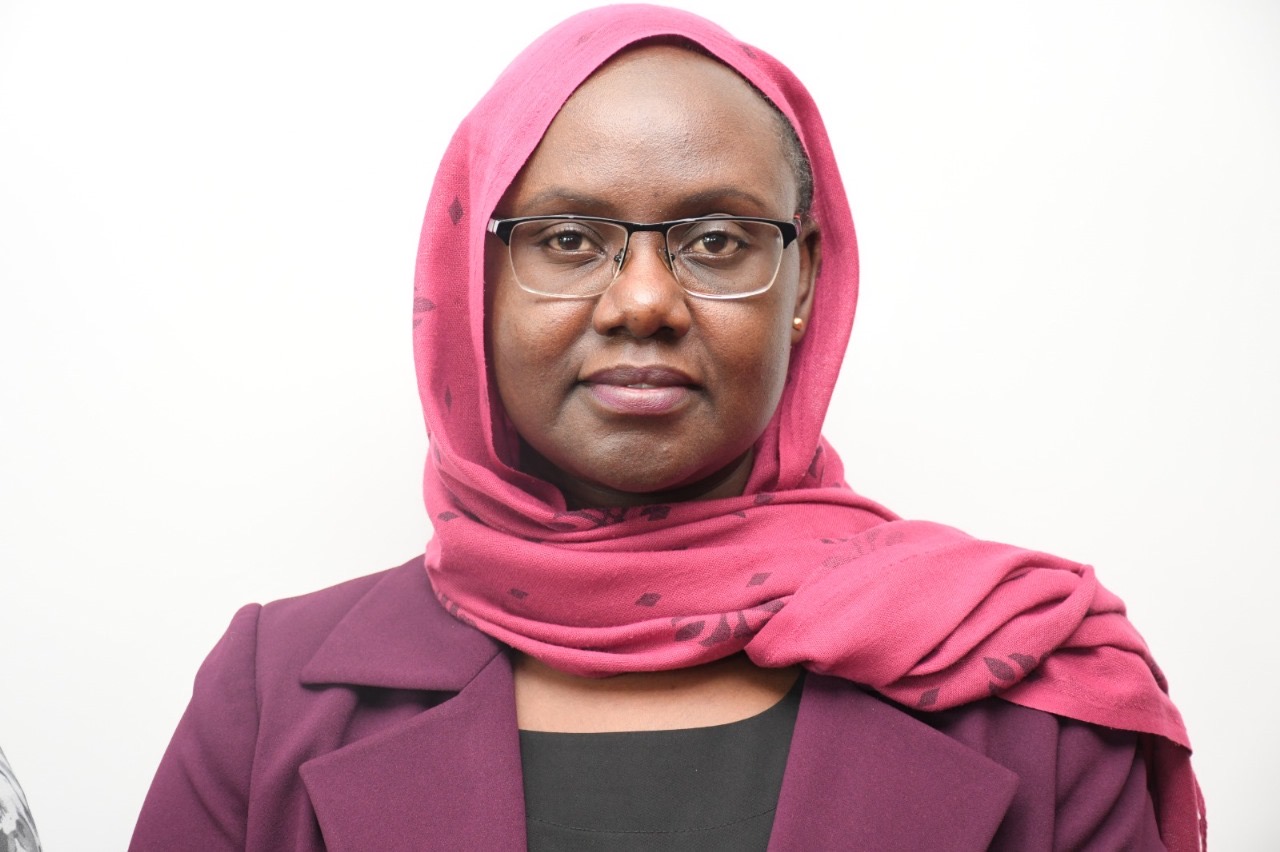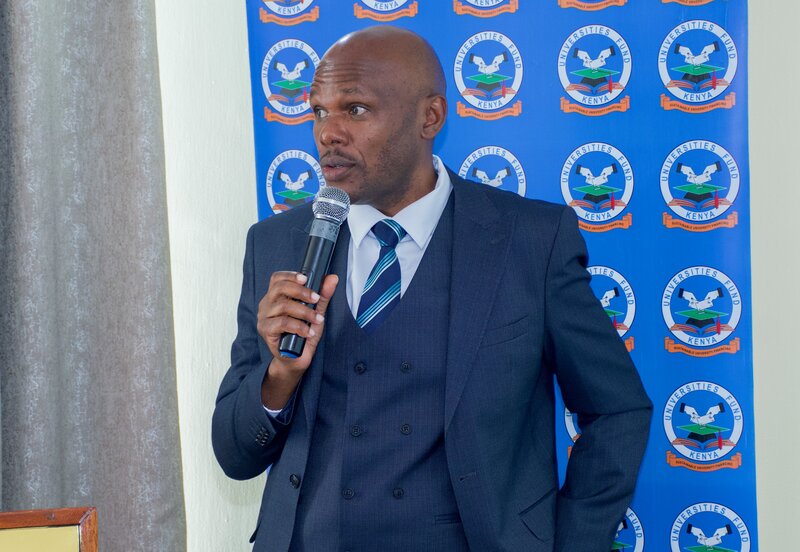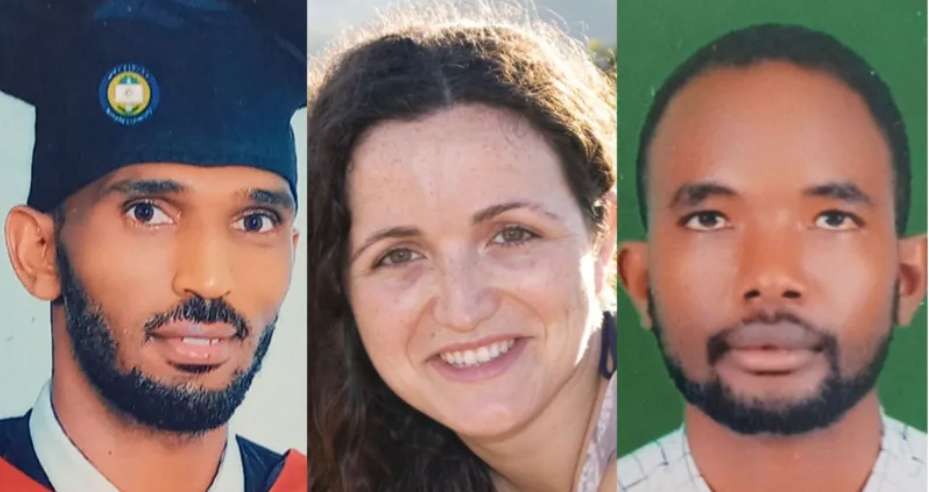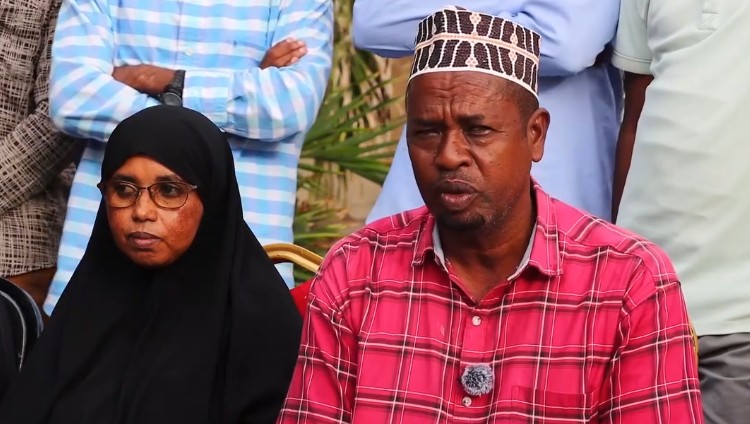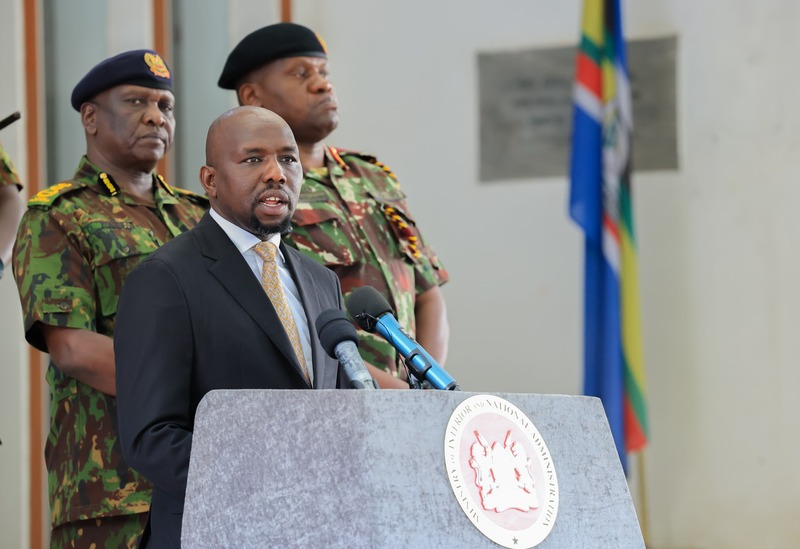Over 5,000 teachers in Kenya to receive AI and technology training for new senior school curriculum
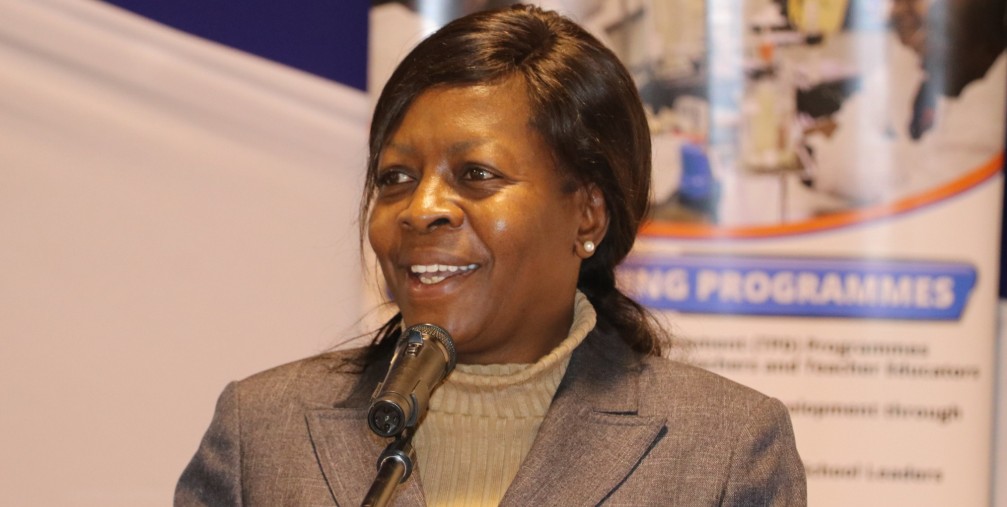
The rollout of the CBE curriculum will see secondary schools transition into senior schools, where teachers will be required to specialise in one of three career pathways: Science, Technology, Engineering and Mathematics (STEM); Social Sciences; or Arts and Sports.
The Centre for Mathematics, Science and Technology Education in Africa (Cemastea) has unveiled plans to train more than 5,000 secondary school teachers starting this August. The training will focus on technology integration and the use of artificial intelligence (AI), in preparation for the rollout of the Competency-Based Education (CBE) curriculum in senior schools.
According to Cemastea Director Jacinta Akatsa, the initiative will target 5,300 teachers who are expected to undergo training ahead of the full implementation of the new curriculum in January 2026.
More To Read
- Google unifies Android and Chrome OS to power AI-driven cross-device experience
- AI in exam marking? Experts say Kenya’s new education Bill prioritises profit over learning
- OpenAI to launch AI-powered browser, challenging Google Chrome with conversational web experience
- 'Samsung Unpacked 2025' showcases Gemini Pro’s AI edge, 10-bit HDR brilliance, bigger flex screen
- AI won’t replace computer scientists any time soon – here are 10 reasons why
- Grammarly acquires superhuman in major leap towards AI productivity tools
“In August, we will train 5,300 senior school teachers on technology. We also have another training for laboratory technicians to enhance their skills in science, technology, engineering and mathematics (Stem), pathways,” she said as reported by the Daily Nation.
The centre is also in the process of training 2,500 junior school teachers in ICT, with a particular emphasis on helping them apply artificial intelligence (AI) in teaching, lesson planning, and student assessments.
Akatsa encouraged teachers to bring their students to the Cemastea centre in Nairobi to take advantage of advanced learning opportunities in science and technology.
CBE curriculum implementation
She noted that Cemastea has played a key role in supporting the implementation of the CBE curriculum—currently at Grade 9—by working closely with junior school teachers.
To date, the institution has trained more than 60,000 teachers in various aspects of the curriculum, including subject content, curriculum interpretation, and the integration of digital tools.
“But importantly, we have trained them on ICT integration, especially where they are experiencing challenges with equipment in schools. We are now training them on the use of virtual laboratories. The aim is to have teachers overcome the shortage of equipment and to also support experiential learning,” Akatsa said.
The rollout of the CBE curriculum will see secondary schools transition into senior schools, where teachers will be required to specialise in one of three career pathways: Science, Technology, Engineering and Mathematics (STEM); Social Sciences; or Arts and Sports.
However, school principals have raised concerns about teachers' preparedness for this major shift.
An estimated 1.2 million Grade 9 learners are expected to join senior school in January 2026, yet many school leaders warn that the majority of secondary school teachers have not received adequate training to support the new curriculum model.
Higher Education Principal Secretary Beatrice Inyangala acknowledged the gap last month, noting that most secondary school teachers are not sufficiently trained to deliver the senior school pathways. She instructed all public universities to urgently launch in-service teacher training programmes to address this competency shortfall.
Currently, Kenya has about 154,200 secondary school teachers.
Prof Winston Akala, Principal of Koitaleel Samoei University College, also called on the government to ensure teachers are introduced to senior school materials well in advance of the rollout to give them enough time to prepare and adapt.
Other Topics To Read
The ongoing training programme by Cemastea is seen as a critical step in bridging the skills gap, as the education system shifts toward a more practical, technology-integrated, and skills-based learning model.
Top Stories Today
